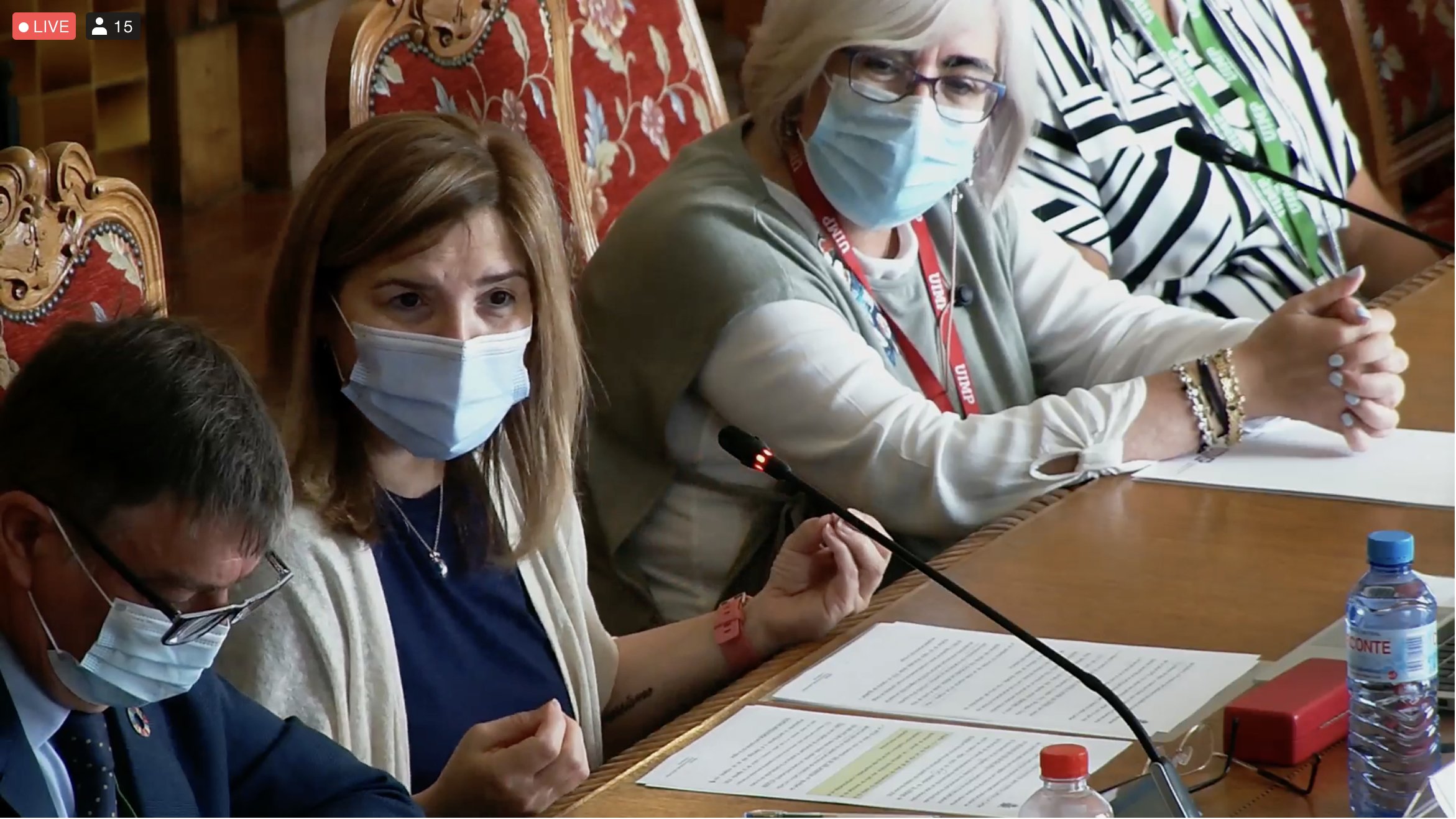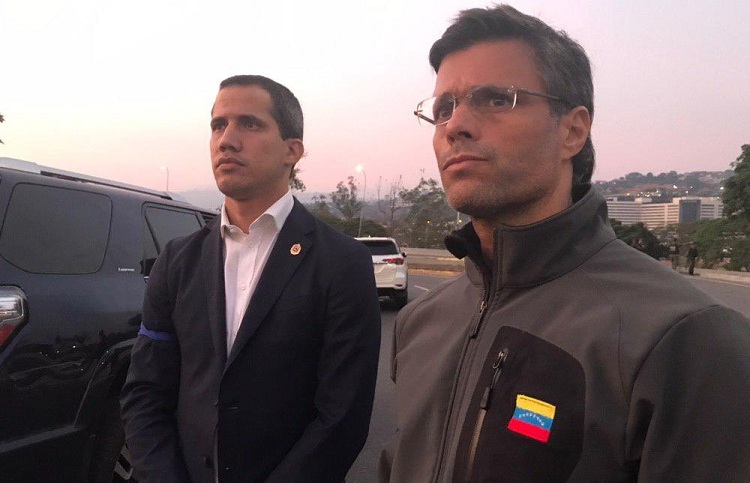The Diplomat
The State Secretary for International Cooperation, Pilar Cancela, stated that the Spanish government’s objective is to “recover” cooperation as a state policy and highlighted the role of Spanish cooperation as a bridge between Europe and Latin America, from the point of view of “accompaniment” and not “tutelage”.
Cancela, who took up his post after the latest reshuffle in the Ministry of Foreign Affairs, took part on Monday in the inauguration of the course ‘The three transitions: digital, ecological and socio-economic. Visions from the European Union and Latin America’, organised by the Carolina Foundation, with the collaboration of the Government of Cantabria, at the Menéndez Pelayo International University (UIMP).
The State Secretary underlined the role of Spanish cooperation in the international sphere and that of Spain as a “reference country” for American countries, and advocated increasing this cooperation with Latin America, as it is a region where COVID has had a “tremendous impact” in a context in which the surrounding countries “had been suffering from a political, economic and social crisis”.
In addition, she pointed out that the crisis has hit women the hardest, which is why she called for the development of the three transitions to have a feminist and inclusive vision. In Latin America,” she said, “12 million women have lost their jobs as a result of the pandemic.
Cancela added that “feminism and the green agenda must be the two pillars of cooperation policies in the framework of the 2030 Agenda”.
For his part, the director of the Carolina Foundation and co-director of the course, José Antonio Sanahuja, stated that the crisis of globalisation has led to an economic, social, political and environmental crisis that makes a transformation of the development model necessary; transforming production and consumption models to make them sustainable. “Human progress, justice and international cooperation are the three concepts that underpin the programming of this course”, he said.
The course, also co-directed by the Director General of European Funds of the Government of Cantabria, Paz Díaz. Its aim is to provide an overview of the commitments that both the European Union (EU) and the countries of Latin America and their regional bodies have made to tackle these transitions.
The sessions will last until 3 September, and the first day’s speakers included the Ibero-American Secretary General, Rebeca Grynspan, the Director of the FIIAPP, Anna Terrón, and the researcher from the Studies and Analysis Department of the Carolina Foundation, Francisco Verdes-Montenegro.
Yesterday, Tuesday, the new Director General of the Spanish Agency for International Cooperation and Development (AECID), Antón Leis, gave a talk on ‘the three transitions and international cooperation’.
Tomorrow, Thursday, Manuel de la Rocha, Secretary General of the Department of Economic Affairs and G20 of the Presidency of the Government, is scheduled to speak.






